- Arakan Army signals willingness to forge strategic partnership with Bangladesh’s new government
- Internet blackout in Arakan State hampers emergency aid delivery
- Arakan residents call for air raid warning systems amid surge in junta airstrikes
- Arakan’s Breathing Space (or) Mizoram–Arakan Trade and Business
- Death toll rises to 18 after junta airstrike on Ponnagyun village market
Cyclone-induced transportation barriers pose difficulties for Arakan residents
Locals in some storm-hit Arakan State townships are facing various healthcare- and education-related difficulties as roads and bridges damaged by Cyclone Mocha have yet to be repaired.
07 Jun 2023
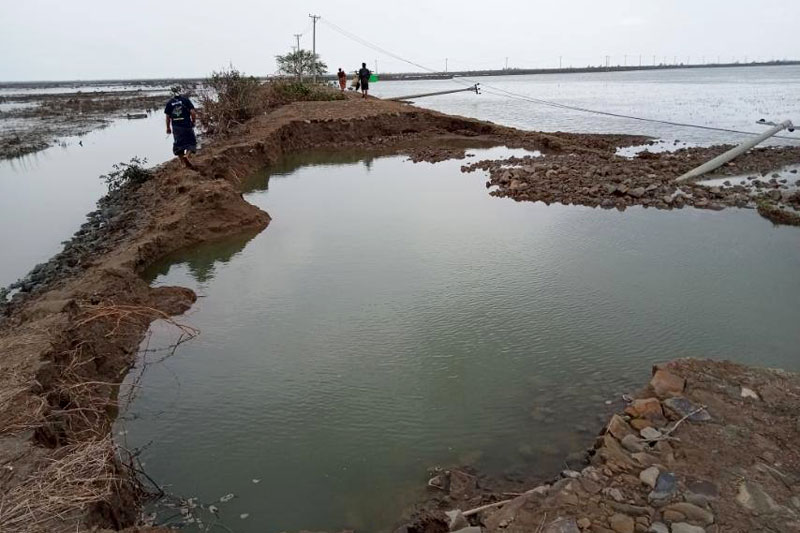
DMG Newsroom
7 June 2023, Sittwe
Locals in some storm-hit Arakan State townships are facing various healthcare- and education-related difficulties as roads and bridges damaged by Cyclone Mocha have yet to be repaired.
An earthen road that is a vital route for locals from 11 villages on Ngamanye Island in Myebon Township was eroded by seawater when the cyclonic storm hit Arakan State on May 14.
Locals are facing transportation barriers despite having submitted a request to the township General Administration Department to repair the damaged rural road, said U Aung Hlaing Soe, an administrator of Kyetyay Village on Ngamanye Island.
“We face transportation difficulties and we cannot go to Myebon [town]. We rely on this earthen road in case of emergency for locals. We have been facing many hardships since the road has been eroded by the seawater,” he explained.
Locals from several villages on the island such as Kyetyay, Lunlonepaik, Wetkaukgyi and Ngamanyegyi use the road to access Myebon town.
Thousands of homes and buildings including roads and bridges in northern Arakan State and the southern townships of Kyaukphyu and Gwa were damaged or destroyed by Cyclone Mocha last month.
Residents of Panzinmaw Village, Rathedaung Township, which was more than 90 percent damaged by the cyclonic storm, said they are facing health problems as a 180-foot-long wooden bridge was severely damaged by the storm and remains impassable.
“The bridge was destroyed by the cyclonic storm. We built a temporary bridge made of bamboo for the convenience of locals to travel. There are no health workers in our village. In the case of a health emergency, it is difficult for us to get a health worker from another village because we can’t cross the bridge on a motorbike like before,” said Ko Aung Htay, a resident of Panzinmaw Village.
Panzinmaw Village is home to more than 400 people from 107 households. If locals want to go to the nearby villages and towns, they have to walk over the bamboo bridge, and the inability to cross using vehicles is leading to significant delays.
A wooden bridge in Kalaka Village, Mrauk-U Township, that was damaged by the cyclonic storm, meanwhile, has been repaired by residents from nearby villages.
“Locals repaired a wooden bridge damaged by the cyclonic storm, but we can’t cross the bridge on a motorbike. The safety of the locals is a concern because the bridge has not been thoroughly repaired,” said Daw Hsan May, a local woman from Kalaka Village.
The 250-foot-long wooden bridge is being used by locals from eight villages such as Kalaka, Chaungnar, Tantin, Chayar and Tawbwe.
Locals need assistance as many of the roads and bridges damaged by the storm in rural parts of Arakan State have not been repaired due to financial difficulties.
Thousands of homes, buildings, hospitals and schools in Arakan State were damaged or destroyed by the cyclonic storm, with storm victims saying they have since received little in the way of relief supplies.




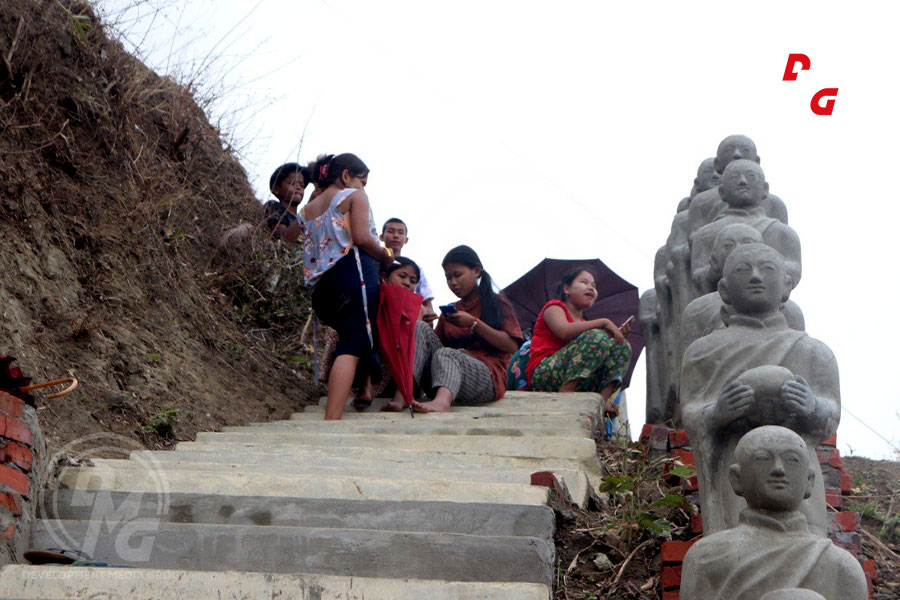
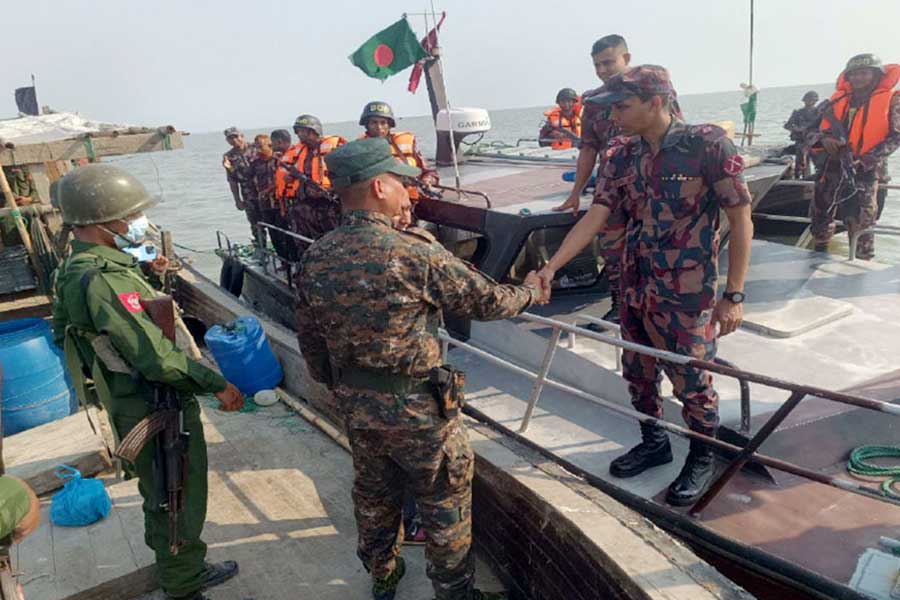
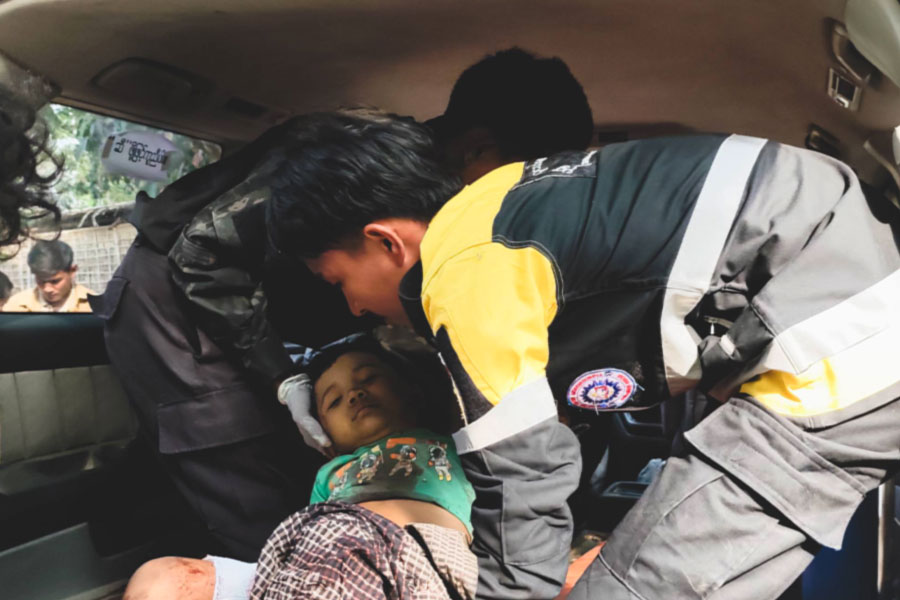

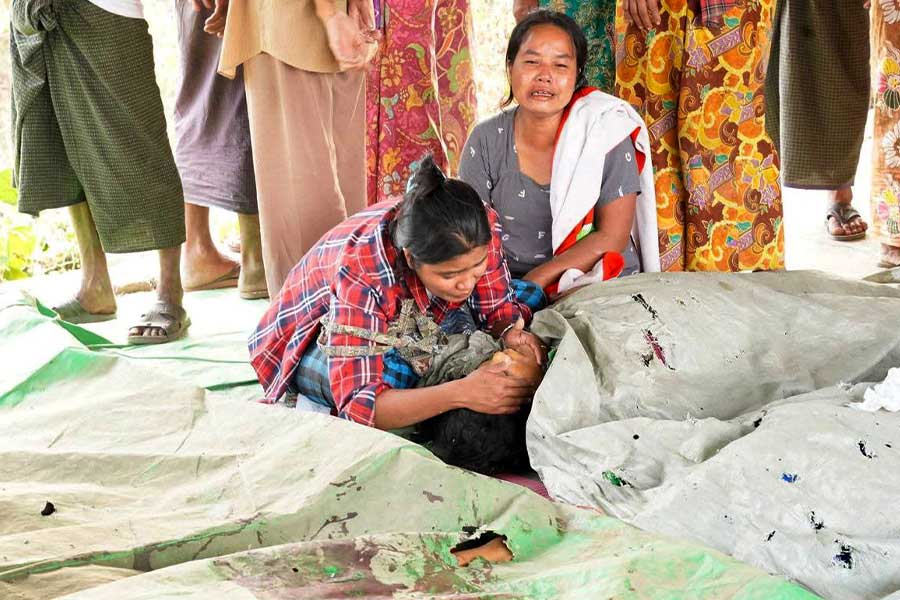








.jpg)